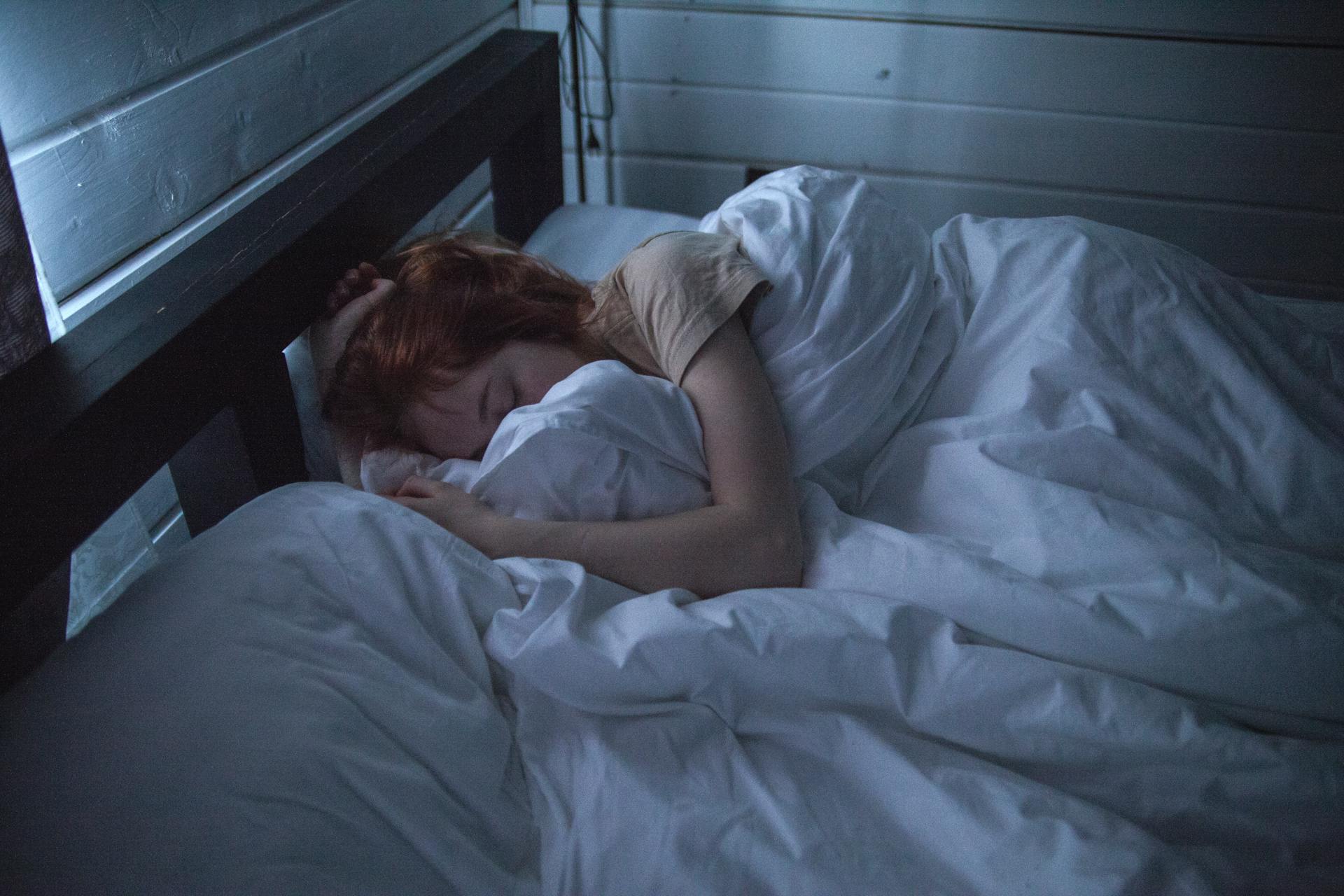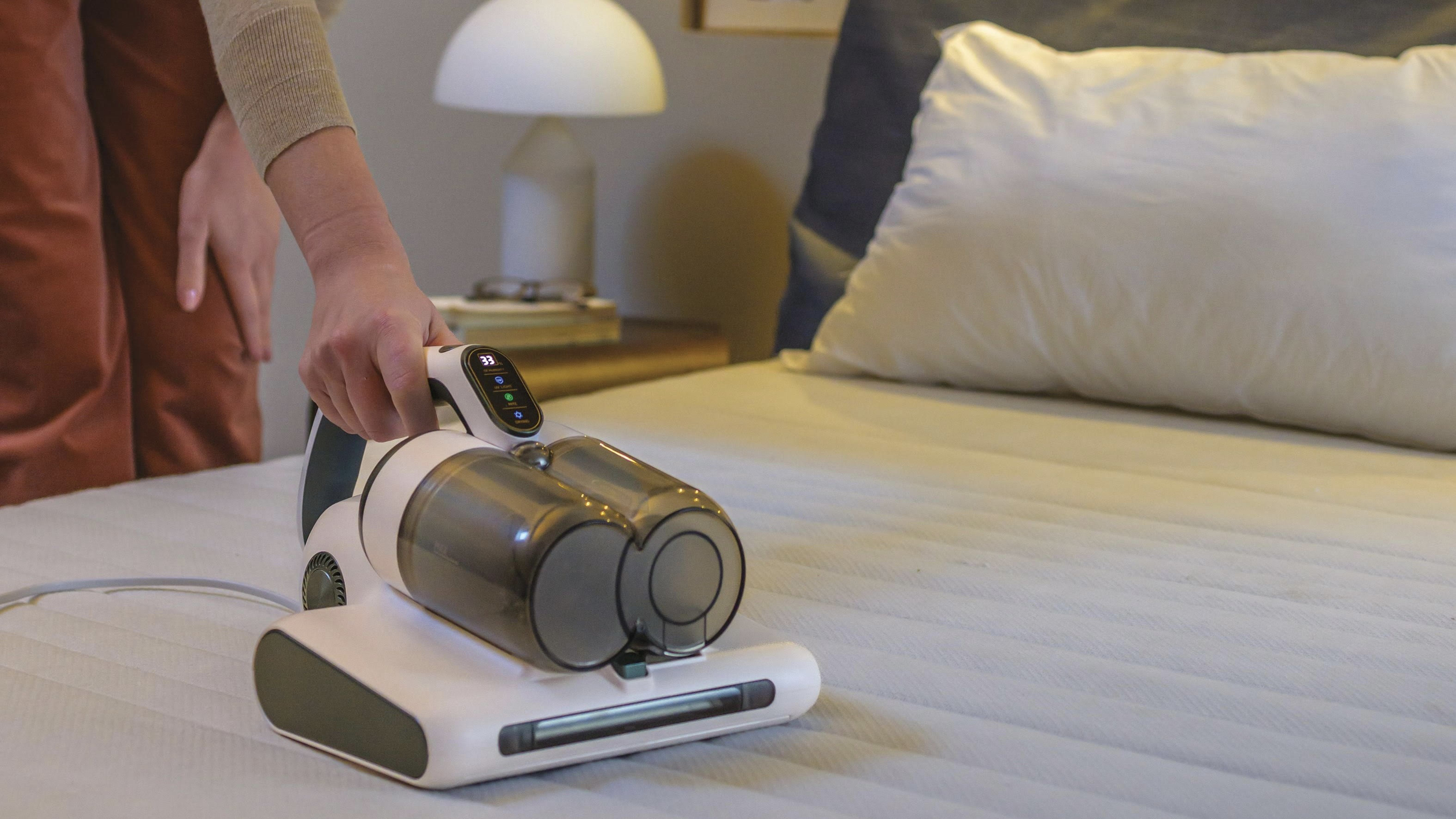
We all know sleep is important. A good night's kip helps us stay healthy, feel more intelligent and with it, and better able to cope with life in general. And so it's well worth spending money on the best mattress you can afford.
Unfortunately, though, even a quality mattress won't last forever. Over time it will gradually become softer. And once it gets too soft, this can disrupt your sleep, and cause physical discomfort and even pain. That's because an overly soft mattress simply won't give your body the support it nights, leading to poor spinal alignment and too much of a burden on pressure points.
That doesn't necessarily mean you need a firm mattress to get a good night's sleep. Whether you prefer a firm, soft or medium mattress will depend on your specific needs (for more on this, see how to choose the best mattress firmness level). But the important thing is that your mattress doesn't become too soft over time.
How can you tell whether it has or not? In this article, we'll share eight common signs.
1. Waking up with back pain
If you've recently started waking up with back pain which wasn't there previously, especially in the lower back, it's a strong sign that your mattress has become too soft. A soft mattress will cause your spine to sink in an unnatural position throughout the night, and this misalignment can lead to muscle strain and back pain. If this has already started, it's only going to get worse over time.
2. Difficulty getting in and out of bed
Have you recently found it's become more and more challenging to get in and out of bed? That may well be because your mattress has become too soft, and so it's sinking down in the middle more than it did previously. A feeling of being 'swallowed' by the mattress is a strong sign that this is the case.

3. Tossing and turning in the night
Are you tossing and turning a lot during the night, trying yet failing to find the right position to sleep in? This too could be a sign that your mattress is too soft. Again, a soft mattress will cause your body to sink too deeply, and that can put too much weight on your pressure points, making it difficult to sleep comfortably.
Sign up to the T3 newsletter for smarter living straight to your inbox
Get all the latest news, reviews, deals and buying guides on gorgeous tech, home and active products from the T3 experts
4. Feeling trapped in bed
An overly soft mattress can give you the feeling of being enveloped, making it challenging to move freely. This is especially the case if you're a side sleeper or stomach sleeper, as the sinking of the mattress traps you and restricts your ability to move around in bed.

5. Obvious sagging
Perhaps the most obvious signs that your mattress is too soft are the ones you can see it with your own eyes. An overly soft mattress will often develop sagging or indentations where you typically sleep; the equivalent of a 'bum crack' in an old sofa.
6. Poor edge support
Soft mattresses often lack proper edge support, so if you sit or sleep near the edge, you may feel like you're going to roll off. This is particularly common for couples who share a bed.

7. Motion transfer
Another problem with soft beds that particular afflicts couples is that this amplify the effects of motion transfer. In other words, whenever one of you moves or gets in and out of bed, the other feels the movement more intensely, disrupting their sleep or waking them up entirely.
8. Overheating
Because soft mattresses wrap around your body more tightly than firmer ones, they tend to retain more body heat. So if you've recently started overheating during the night, and this isn't obviously due to a change in weather, it's a sign that your mattress may be getting too soft.
If you've noticed any of these signs and think your mattress has become too soft, there's no time to waste. Sleeping on a mattress that is too soft can disrupt your sleep, cause back pain and stress levels, so you need to address the problem immediately.
In other words, don't compromise on your sleep by sticking with a mattress that is too soft for your needs. Take the time to find the perfect mattress that aligns with your body and provides the necessary comfort and support to provide a restful and rejuvenating night's sleep.
Tom May is a freelance writer and author of the book, Great Ted Talks: Creativity. He has been editor of Professional Photography magazine, associate editor at Creative Bloq, and deputy editor at net magazine. He has also worked for a wide range of mainstream titles including Radio Times, NME, Heat, Company and Bella.
-
 Do smart sleep gadgets actually improve your sleep? T3 investigates...
Do smart sleep gadgets actually improve your sleep? T3 investigates...Sleep gadgets like Oura Ring 4 and the Withings Sleep Analyzer could help you get those eight hours per night
By Max Slater-Robins
-
 I stayed in 5 hotels in 2 months – here’s how to get hotel-worthy bedding at home
I stayed in 5 hotels in 2 months – here’s how to get hotel-worthy bedding at home7 hotel-inspired bedding tips to make your own bed just as cosy
By Bethan Girdler-Maslen
-
 I spent 6 weeks with the FoodMarble Aire 2: here’s what I learned about my gut health
I spent 6 weeks with the FoodMarble Aire 2: here’s what I learned about my gut healthI’ve been testing the clever breath-testing gadget with the companion app over several weeks to find out if it delivers on its promises
By Lee Bell
-
 Oil pulling is going viral on TikTok for stopping morning breath – but does it actually work?
Oil pulling is going viral on TikTok for stopping morning breath – but does it actually work?4 hacks that prevent morning breath, according to a sleep expert
By Bethan Girdler-Maslen
-
 These limited edition McLaren x Loop earplugs are what you need for Formula 1 season
These limited edition McLaren x Loop earplugs are what you need for Formula 1 seasonMcLaren teams up with Loop on limited edition noise-reducing earplugs
By Bethan Girdler-Maslen
-
 5 sleep supplements that help me achieve 8+ hours of rest every night
5 sleep supplements that help me achieve 8+ hours of rest every nightIt took me years to perfect my sleep routine – here are the supplements that helped
By Lizzie Wilmot
-
 3 reasons why you wake up at 3am every night – and how to avoid it
3 reasons why you wake up at 3am every night – and how to avoid itAlways waking up in the middle of the night? This could be why…
By Bethan Girdler-Maslen
-
 This handheld UV mattress vacuum cleaner is the spring cleaning essential you can't miss
This handheld UV mattress vacuum cleaner is the spring cleaning essential you can't missI never knew I needed it...until now
By Lizzie Wilmot


